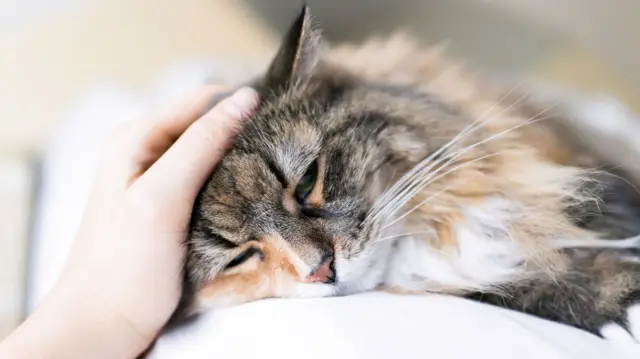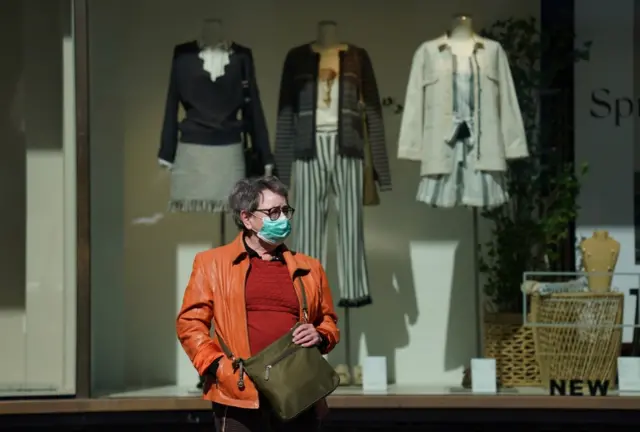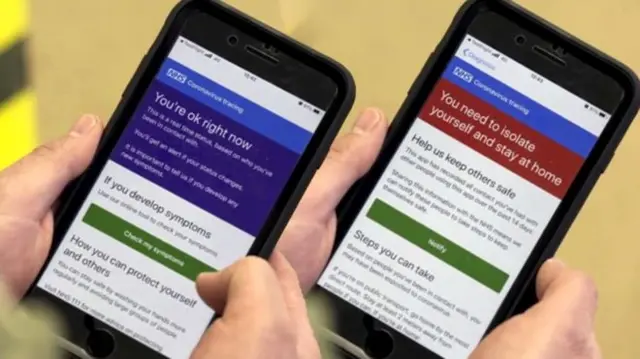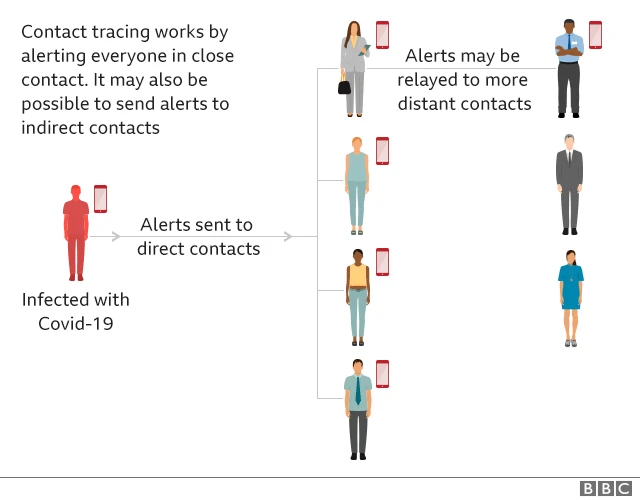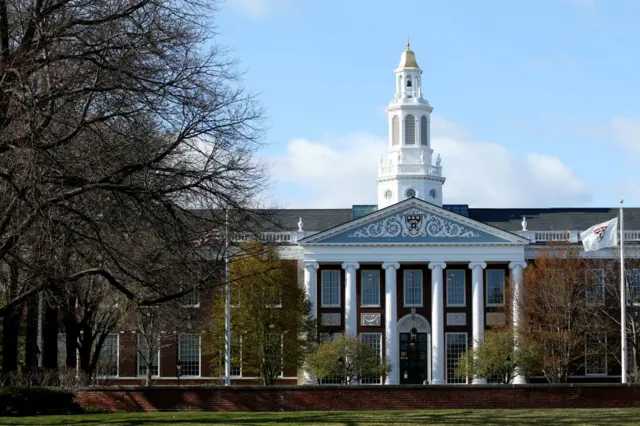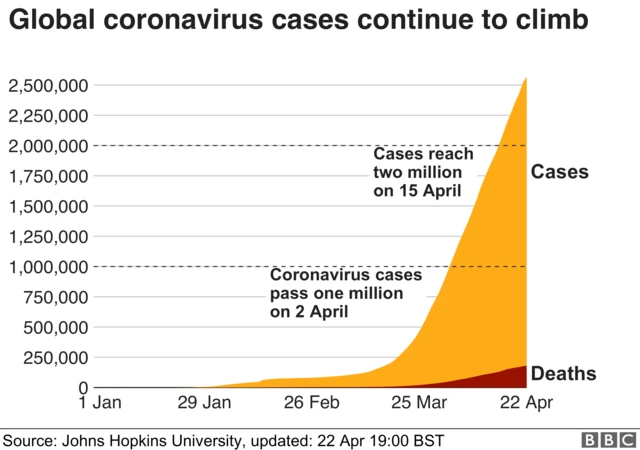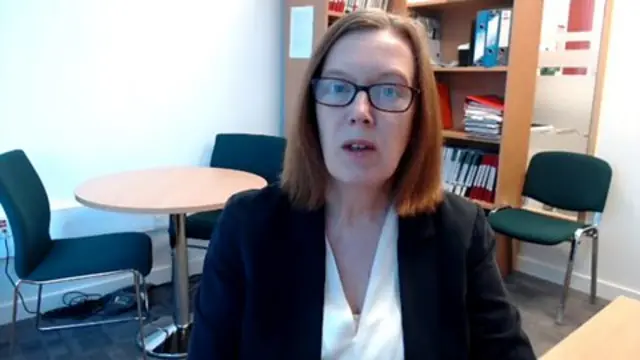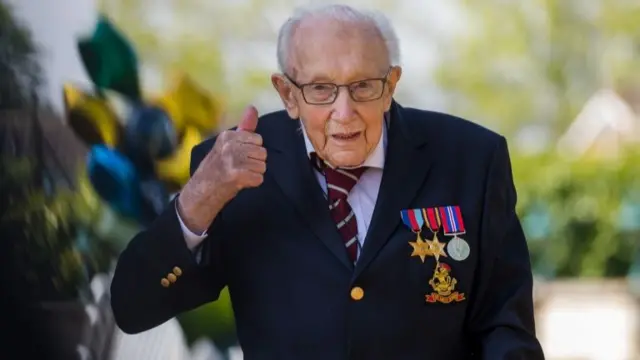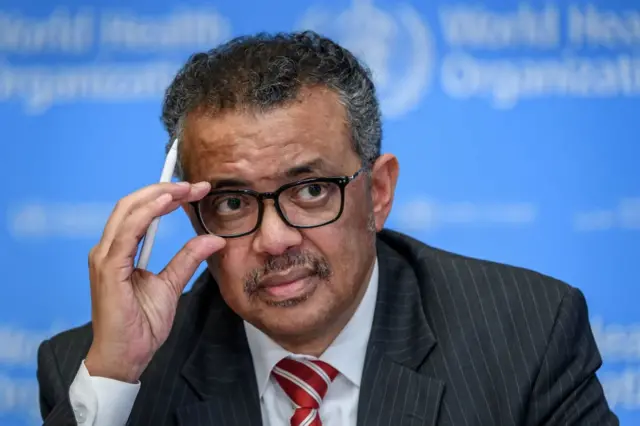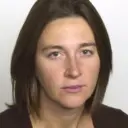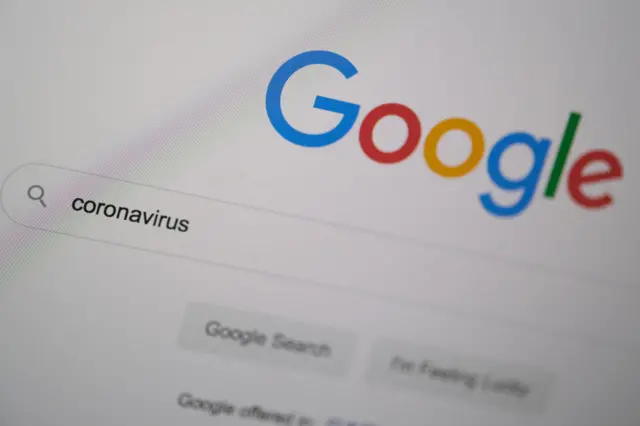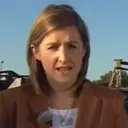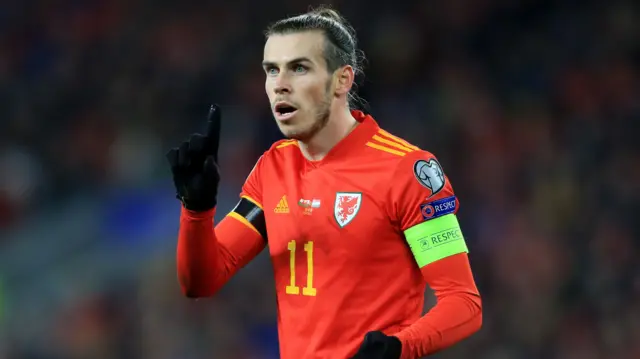Vaccine volunteer 'privileged' to take part in UK trialspublished at 22:34 BST 22 April 2020
Lydia Guthrie in the UK explains why she volunteered to be part of a vaccine trial
Human trials of a potential vaccine for Covid-19 are beginning in the UK this week - with the hope that one could be available for frontline workers and the most vulnerable before the end of the year. (See our earlier post for more detail from the scientists.)
One of the 500 people taking part in the University of Oxford project has been telling the BBC about why she signed-up.
Mother-of-two Lydia Guthrie explained some of the risks involved and why she still wanted to take part. Have a listen.
